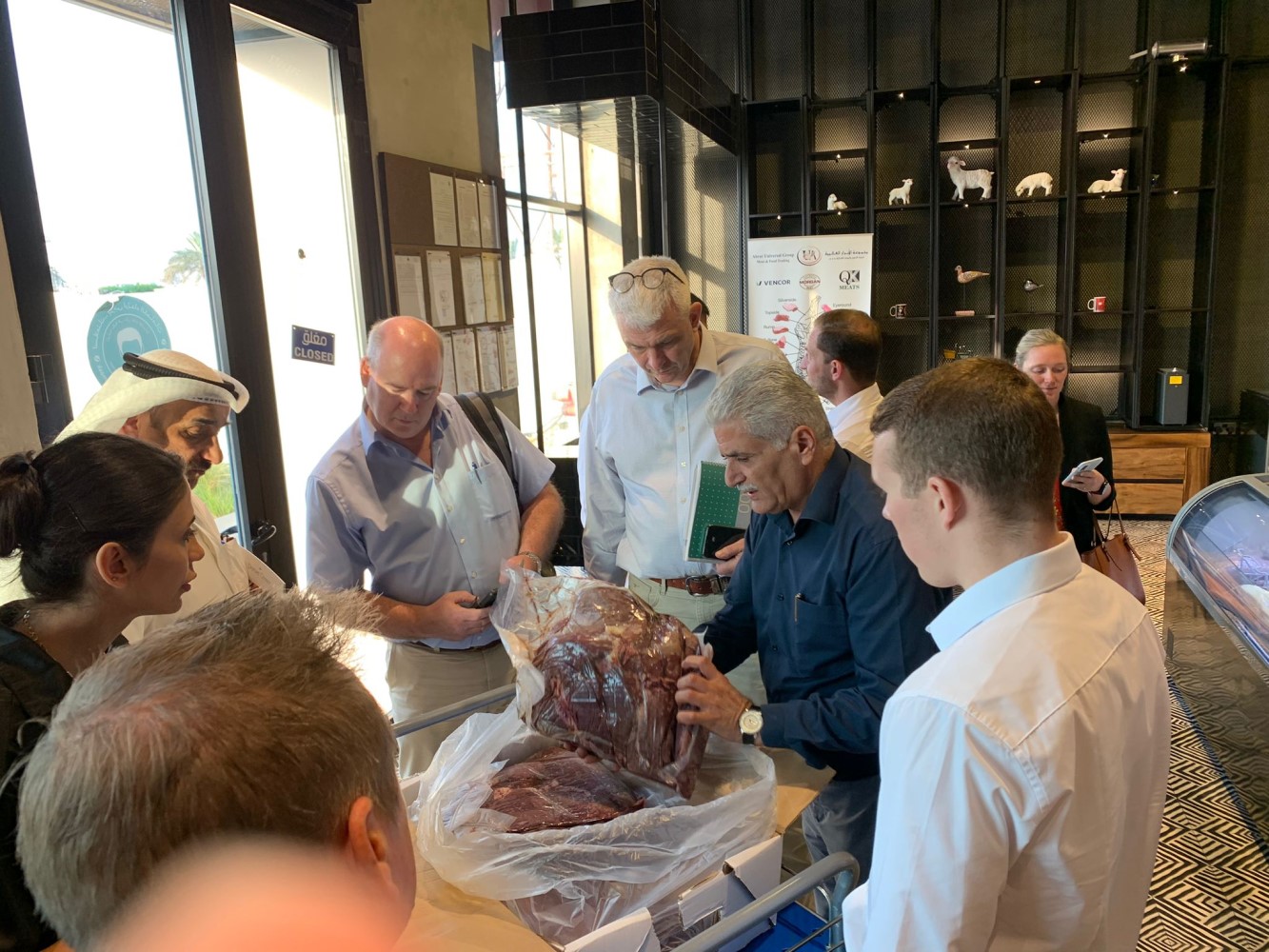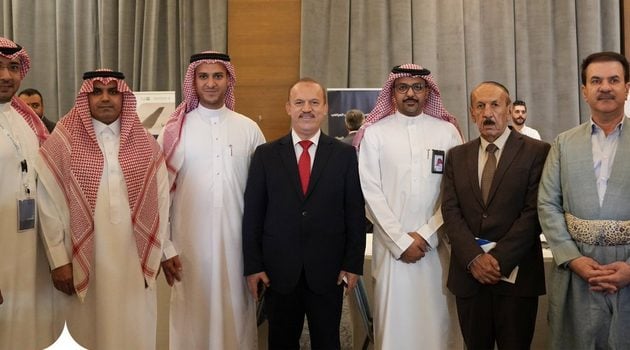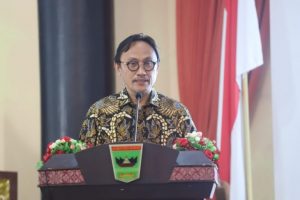 Beef and lamb exporters from the UK will meet with importers in the Middle East next week as part of a mission to explore potential opportunities in the halal market.
Beef and lamb exporters from the UK will meet with importers in the Middle East next week as part of a mission to explore potential opportunities in the halal market.
AHDB has teamed up with the Department of International Trade (DIT) to organise a three-day visit to the United Arab Emirates – which takes place from 21 – 23 November.
During the mission, five exporters will visit the businesses of 15 key buyers to learn more about their import requirements to meet the needs of the region’s rapidly growing halal sector.
There will also be a reception where up to 100 top chefs and 50 importers in the UAE will have the opportunity to sample halal lamb from the UK.
AHDB Senior Halal Sector Manager Awal Fuseini said: “One of AHDB’s objectives is to support our red meat exporters to access different markets around the globe, including the Middle East, where our lamb exports continue to grow and there is appetite for premium British beef too’.
“In the UK, animals are largely reared on grass, giving the meat a distinct taste. Our meat production processes are supervised and certified by reputable UK halal certification bodies who are recognised by authorities across the Middle East.
“Our red meat exporters have been serving the halal market in Europe for decades, but they are keen to establish long-lasting relationships with importers in the Middle East. This mission will provide an opportunity for them to interact with key importers and maximise on the opportunities that this region presents.”
Simon Penney, HM Consul General to Dubai and the Northern Emirates, said: “We are delighted to support this mission to Dubai in partnership with AHDB as we look to highlight the opportunities in this market for UK companies, and showcase the excellent products offered by UK lamb suppliers to the buyers, importers and regulatory bodies.
“The UAE is an exciting and growing market for UK lamb. Last year, the UK exported 853 tonnes of UK lamb and mutton to the UAE totalling £4.8 million – almost 20 times more than we exported 2015.”



